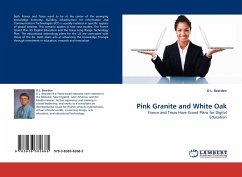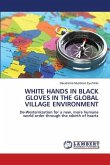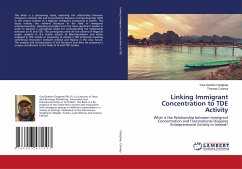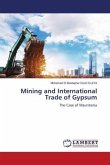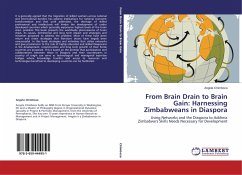Black sand is sand that is black in color. One type of black sand is a heavy, glossy, partly magnetic mixture of usually fine sands, found as part of a placer deposit. Another type of black sand, found on beaches near a volcano, consists of tiny fragments of basalt. While some beaches are predominantly made of black sand, even other colour beaches (e.g. gold and white) can often have deposits of black sand, particularly after storms. Larger waves can sort out sand grains leaving deposits of heavy minerals visible on the erosion scarps. White Beach Sand Silica is the name given to a group of minerals composed of silicon and oxygen, the two most abundant elements in the earth's crust. Silica is found commonly in the crystalline state and rarely in an amorphous state. It is composed of one atom of silicon and two atoms of oxygen resulting in the chemical formula SiO2. The first industrial uses of crystalline silica were probably related to metallurgical and glass making activities in three to five thousand years BC.


